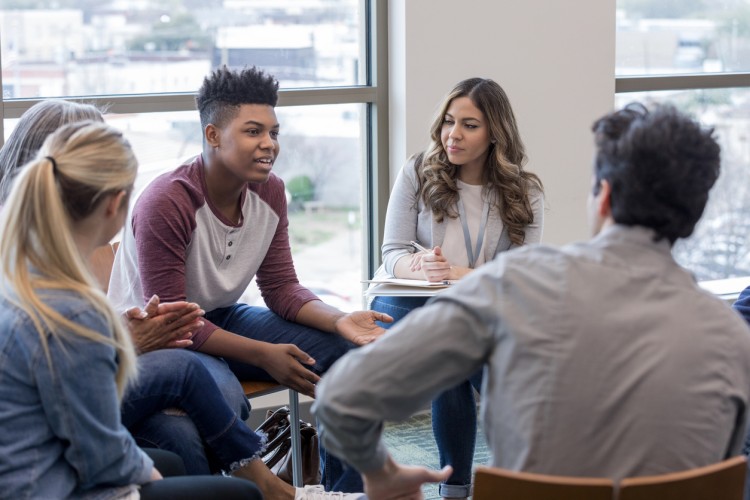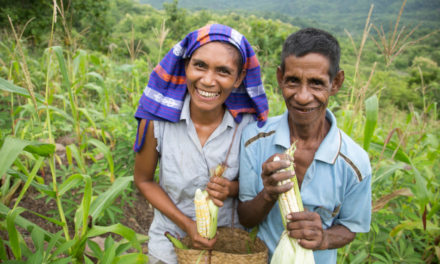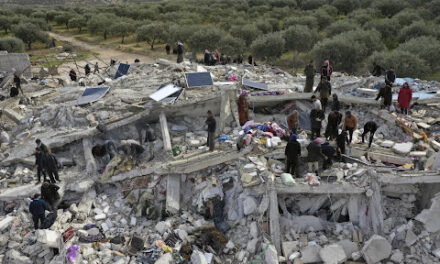Kylie McGowan, Staff Writer
Image sourced from UMC Discipleship Ministries
For the average college student, owning a home and having neighbors probably sounds like a fantasy. We’re more focused on exams, sports games, or who’s driving to go out tonight, not how to be best prepared in collaboration with your neighbors for an emergency. But what about your neighbors down the hall in the dorm? The faces that you may or may not know when you travel home for the summer? What about the people who work just one door down from you at your summer job? Would you know them or trust them if you needed them in an emergency? In the light of growing climate change impacts and increasing natural hazard damages, connecting with any of your neighbors in life should be a priority. In 2022 alone, our nation weathered through eighteen natural disasters or climate events that cost over 1 billion dollars in damages, tying the year for the third-highest billion-dollar event count in one year since government sources began tracking the figure in 1980. A natural hazard impacting your life is no longer a question of “if,” and has shifted to a very different conversation of “when.”
In an article published in collaboration with the University of Buffalo, Nathalie Simpson (Chair of the Department of Operations Management and Strategy) states, “when a disaster gets beyond a certain size, there will never be enough professionals — ever — not at the very moment that they are needed. The response effort will take everybody helping everybody,” (Stern). Variations of this scenario happen over and over in emergencies. Videos surface of bystanders pulling victims out of burning vehicles or performing CPR on a drowning individual at the beach before any emergency professionals arrive on the scene. This translates similarly in natural hazards and climate events such as wildfires, floods, or hurricanes. The best practice for preparedness is knowing your neighbors and working with them to create a more secure community that is prepared to weather whatever type of figurative storm comes your way. National statistics show that social interconnectedness and trust has plummeted in recent years, and this leaves our communities, regions and nation more vulnerable to the effects of a natural or man-made disaster.
FEMA, the Federal Emergency Management Agency of the United States operates the website Ready.gov, which revolves around easy practices that citizens can use and implement to better prepare themselves for an emergency. The word “neighbor” can be found nearly more times than can be counted on that website, suggesting once again just how important neighbors are to the immediate response and final planning that occurs surrounding an emergency. Networking, planning, storing resources, caring for animals, evacuation support, and immediate response to danger are all activities the website suggests should be discussed and considered in light of your neighbors. So, whatever “knowing” your neighbors, no matter what form of them you have, means to you – make it a priority. Plan, prepare, and communicate so that if an emergency does occur your mind isn’t asking the question of “What is their name?” when you could be asking “How can I help?”
. https://www.buffalo.edu/ubnow/stories/2017/08/simpson-evacuation.html





